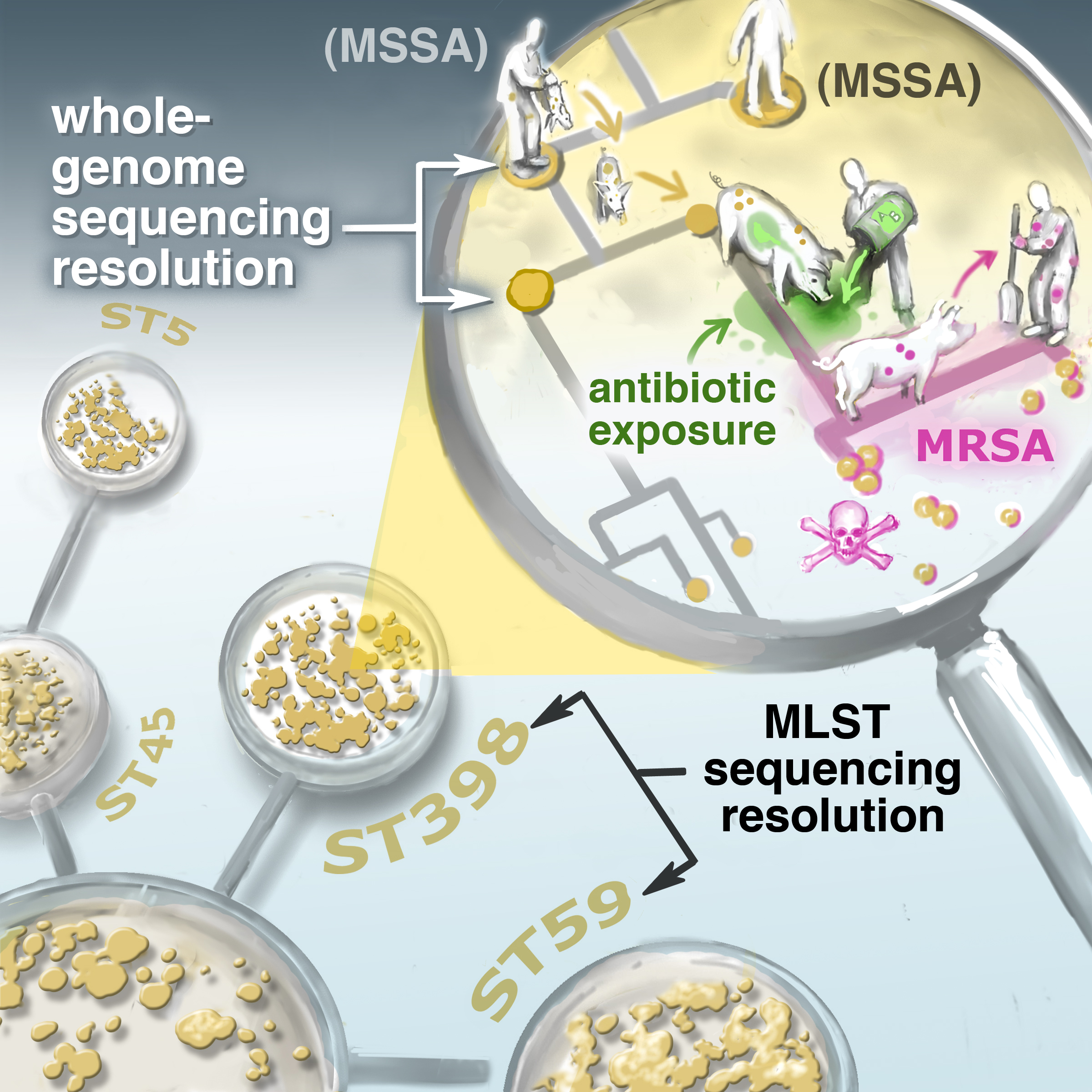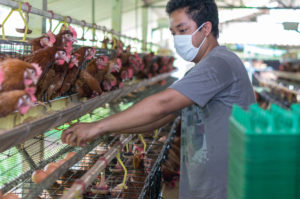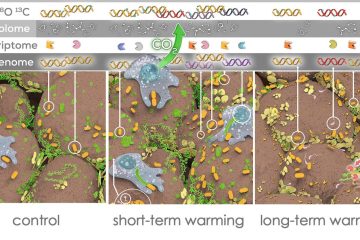Ecology & Genomics Offer New Approaches to Combat Antibiotic Resistance


The majority of antibiotics are actually sold for use in food animals, rather than in people, and as a result, farms are major sources of many new types of antibiotic-resistant bacteria.“We clearly need to use antibiotics more responsibly,” says Ecoss researcher Ben Koch. “However, limiting the spread of antibiotic resistance also requires knowing the extent to which antibiotic-resistant microbes move among farms, the environment, and people.”
Koch, along with Ecoss colleagues Bruce Hungate and Lance Price, published a study in the journal Frontiers in Ecology and the Environment that examined the potential for merging ecology and genomics to better understand those microbial movements.
 They found that combining ecological principles with newly available genomic data on antibiotic-resistant bacteria provides a highly detailed view into the transmission patterns and lifestyles of antibiotic-resistant bacteria.
They found that combining ecological principles with newly available genomic data on antibiotic-resistant bacteria provides a highly detailed view into the transmission patterns and lifestyles of antibiotic-resistant bacteria.
By merging ecology and genomics in this way, Koch aims to find new ways of combating antibiotic resistance beyond just developing more and stronger antibiotics.


